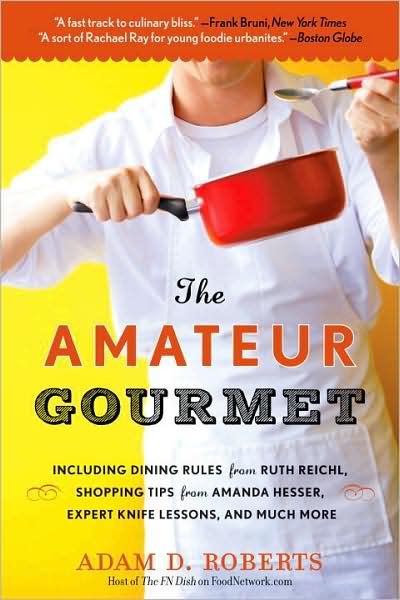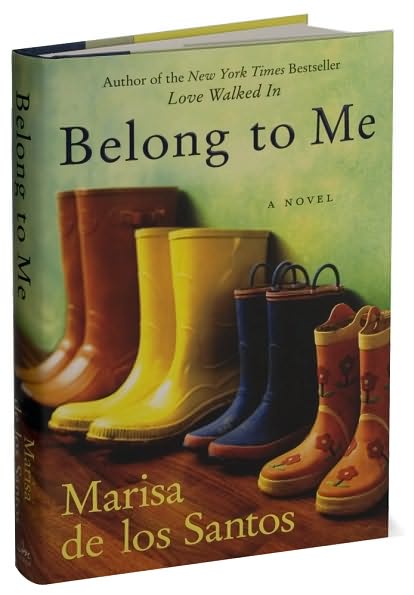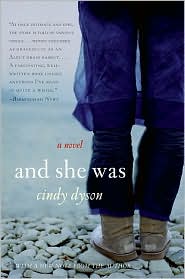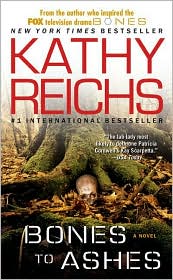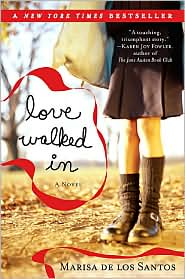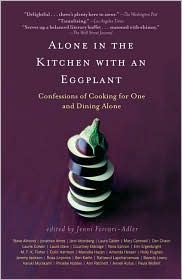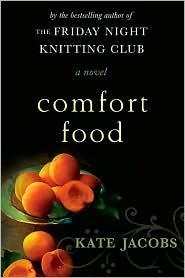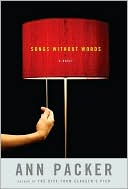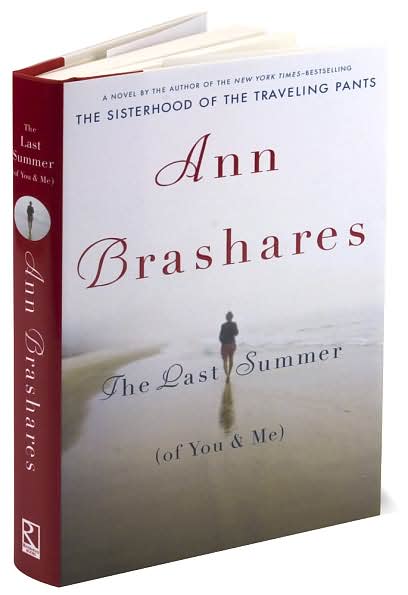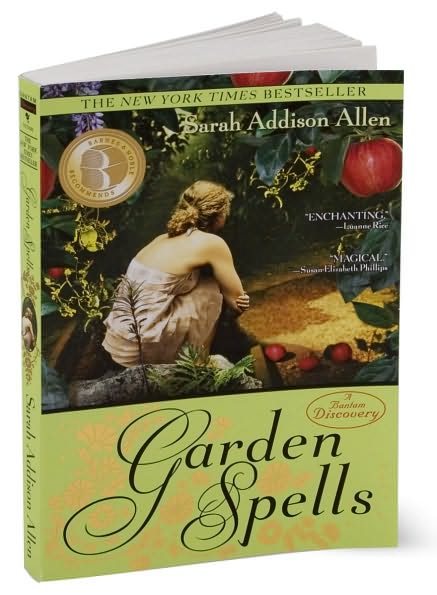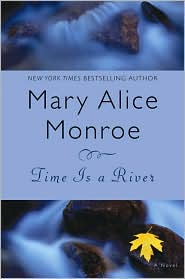
Publishers Weekly
Monroe delivers another novel of strong Southern women, and though this one has its share of weak moments, the author's love for her characters is palpable throughout. Mia Landan, a cancer survivor, returns to Charleston after a fly-fishing retreat and finds her husband in bed with another woman. Shocked, Mia rushes back to the mountains where she'd been fishing and seeks the help of fly fisherman Belle Carson, who offers her the use of a ramshackle cabin for the summer. Upon Mia's first trip into town, she learns why the cabin looks like it hasn't been opened in years-it's where Kate Watkins, Belle's grandmother, allegedly murdered her lover. But after Mia conveniently finds Kate's diary tucked away in the cabin, she becomes determined to get to the bottom of things, despite Belle's warnings not to stir up the mud. Through a series of occasionally contrived diary entries, flashbacks and folksy recollections from locals, the narrative juxtaposes Kate's story with Mia's self-discovery, and while the predictable ending results from implausibly convenient plot twists, Monroe's fans will still enjoy the author's spin on love, mystery and the power of self-determination. (July 2008)
Also by this author:
The Book Club
Publishers Weekly
Monroe's new novel opens as five friends, all members of a monthly book club, face turning points in their lives. Eve's husband dies suddenly, shattering her comfortable lifestyle, while Midge's mother makes an unannounced and unwelcomed reappearance. Annie finally feels ready to have a child, only to find her health and her marriage in jeopardy. Gabriella strains to make ends meet after her husband is laid off; Doris slides into depression as she tries to deny signs of her husband's infidelity. Sometimes close to and sometimes at odds with each other, the friends struggle to face harsh realities and, in the process, gain new independence. The actual book club of the title plays an oddly small role in this celebration of friendship and growth--the books the club reads are mentioned only briefly and often seem irrelevant to the women's struggles. Still, Monroe offers up believable characters in a well-crafted story.
 rating: 4 of 5 stars
rating: 4 of 5 stars